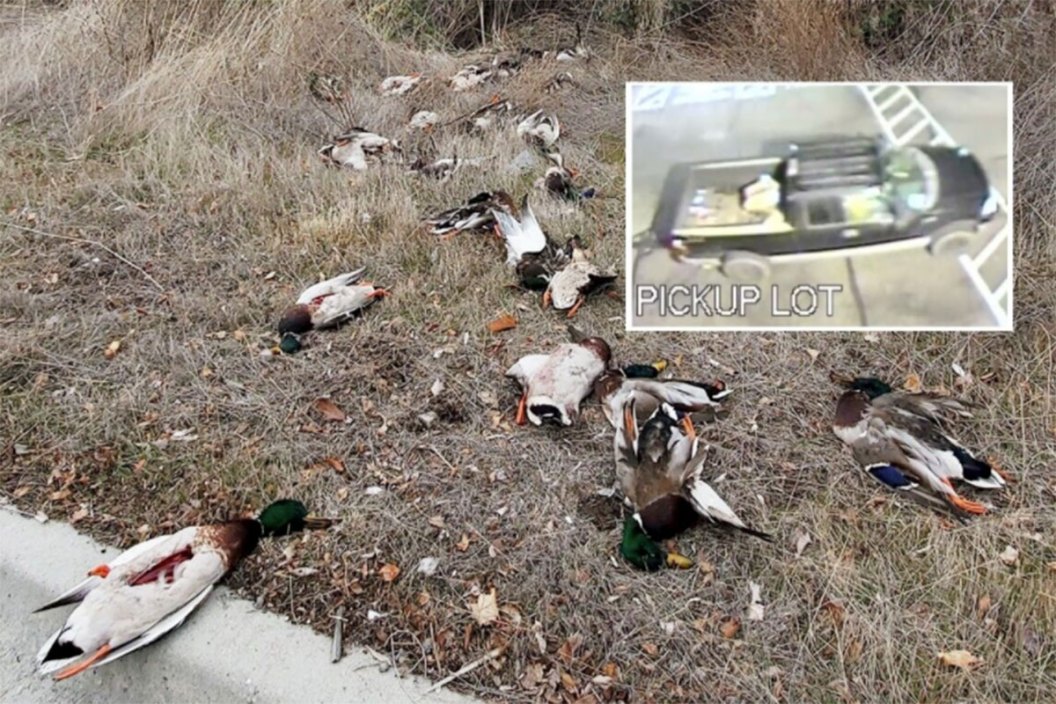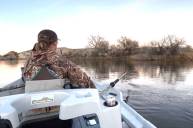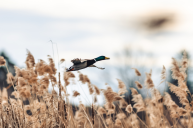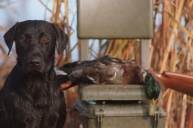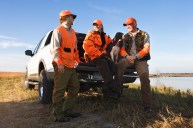Two suspects have confessed to dumping 34 waterfowl carcasses in Idaho, and now face fines.
A cringe-worthy case of waterfowl waste has led to an identification of suspects, a confession, and eventually citations for two Boise State students in Idaho.
The case was first reported January 25, after more than 30 duck carcasses were found behind a Fred Meyer grocery store in Garden City.
The Idaho Department of Fish and Game shared news of the citations after they received help from the public in identifying the truck the culprits used, which was caught on security camera. In fact, it was a combined effort between the public, the Boise Police Department, and Fred Meyer security personnel.
Public calls to Idaho's Citizens Against Poaching hotline led conservation officers to a parking garage at Boise State University, where the truck was located. Further leads helped identify the two individuals, who eventually confessed.
From Idaho Fish and Game:
Penalties for the incident will cost just a bit less than a semester's tuition. The civil penalty of $50 for each wasted bird totals $950, while the minimum/maximum fine per bird is $25 and $1,000 respectively. The judge also has the discretion to revoke hunting license privileges for up to three years and impose a jail sentence of up to six months. The two suspects will appear in court later this spring.
Fish and Game conservation officer Ben Cadwallader conducted the initial investigation, and said it was likely poor planning that led to such an extreme example of wildlife waste.
"Every ethical hunter needs to be prepared for what comes after the hunt, that is, caring for the meat," Cadwallader said. "Lawful waterfowl hunters pay extra attention to each and every duck they shoot by taking the proper steps to field dress and consume the meat. These kids' hunts should have ended before the birds stacked up and forced them to dump and waste the unwanted birds."
Duck hunting, perhaps more so than other types, is a practice that involves close studying of individual animals, a running tally of total birds harvested, and a strong sense of responsibility and ethics. It's a fast-paced, exciting type of hunting, but that should never get in the way of following regulations.
The case should serve as a reminder to know and understand the hunting regulations that affect you and your activities, and to follow them not based on fear of getting caught, but because it's the right thing to do in the first place.
NEXT: DUCK HUNTING NO-NOS: WHAT NOT TO DO WHEN WATERFOWL HUNTING
WATCH
